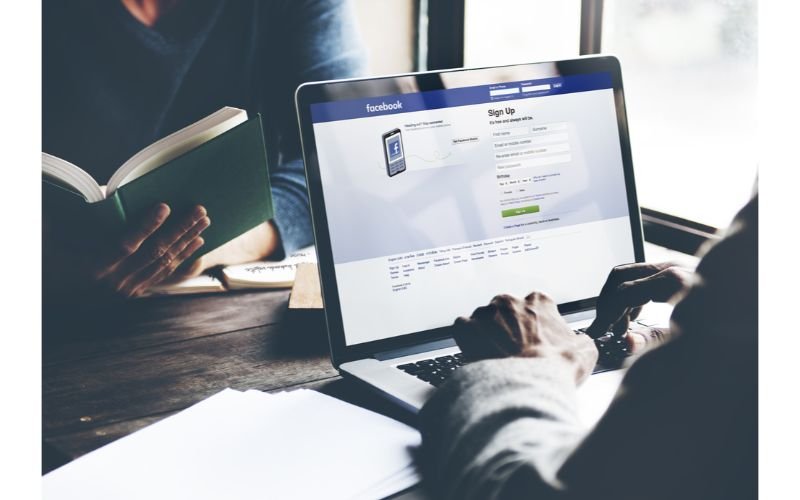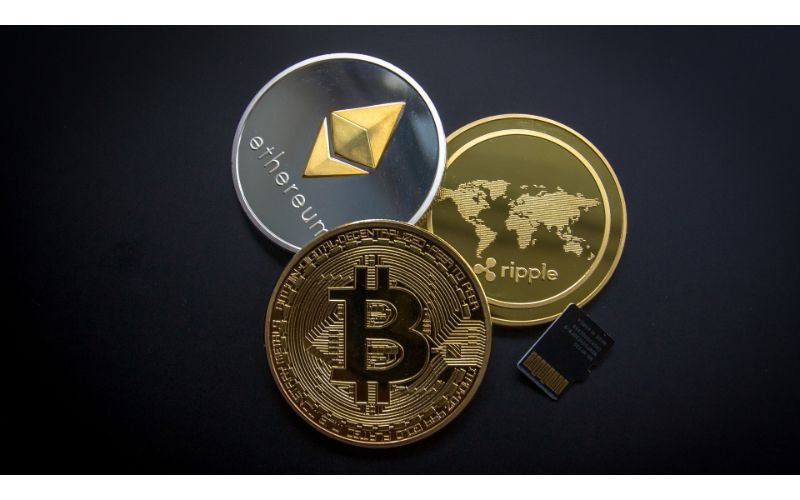If there’s one word to describe the direction that the payments industry has headed over the past few years, I think it’s this: convenience. Consumers want to be able to make purchases on-the-go with just a tap of their smartphones. Workers want easier ways to access their earnings and support their lifestyles. Companies want faster, more efficient ways to transfer funds around the world and support their global operations. Across the board, what everyone wants is financial solutions that are quick, simple, and accessible. In one word, ‘Convenience’. And, it all started more than a decade ago with PayPal, as you could easily send over money from one account holder to another without depending on your bank account. While banking protocols were slow, internet transfer was completed within a millisecond.
India, too, has experienced a similar spurt of growth in the last few years. Due to demonetization, digital payments got a massive boost in the country and multiple new fronts for payments were established. Firstly, India has the UPI for a quick bank-to-bank transfer, wallets are operated, and special “payments bank” have been set up. While the world was moving forward, one tech giant missed out on the trend, and that’s Facebook. The company dominates the social media segment thanks to Facebook, Instagram, Messenger, and WhatsApp. Users are addicted to their services, but there’s one thing still pending. People aren’t trading or transferring money on them. And, this is a source of lost revenue.

Well, Facebook learnt that ‘Its better late than never’ and to not fall behind in this race, the social network unveiled an ambitious plan to create a new digital currency similar to Bitcoin for global use. That digital currency is called Libra. With Libra, Facebook has a chance to further monetize its user base by ensuring transactions take place on their own platform and reducing dependence on ads. Over the years, the world’s largest social network has allowed users to send money and purchase products, with Libra it’ll contain the complete transaction. Basically, it’s a Cryptocurrency project that will let you buy things or send money to people with nearly zero fees. You can buy or cash out your Libra online or at physical stores, and spend it using interoperable third-party wallet apps or Facebook’s own Calibra wallet. This wallet will be integrated into WhatsApp and Messenger as well.
Facebook introduced Calibra earlier this week.
Calibra is a digital wallet that holds Libra.
Facebook will launch Calibra in 2020.
Calibra intends to start with a digital wallet for the Libra coin, which will let users transfer funds to each other, as well as store their tokens locally.

While Calibra is only targeting basic fund transfers, to begin with, the subsidiary plans to expand its services to allow customers to pay bills and purchase goods or services, such as coffee or public transit access. The subsidiary also intends to follow guidelines issued by the Financial Action Task Force and other national regulators.
Facebook won’t run Libra directly; instead, the company and its partners are forming a nonprofit called the Libra Association, headquartered in Geneva, that will oversee the new currency and its use. The association will be regulated by Swiss Financial authorities. Marcus believes that no single company should operate this. It should be a public good. The group currently consists of 28 partner companies including Visa, Mastercard, PayPal, Uber, Lyft, Coinbase and others.

However, as good as the effort is, it could also complicate matters for Facebook. Facebook is currently under federal investigation over its privacy practices, and along with other technology giants also faces a new antitrust probe in Congress. Creating its own globe-spanning currency, one that could conceivably threaten banks, national currencies and the privacy of users, isn’t likely to dampen regulators’ interest in Facebook. Many privacy questions are unanswered. Cryptocurrencies such as Libra store all transactions on a widely distributed, encrypted ‘ledger’ known as the block chain. That could make the Libra block chain a permanent record of all purchases or cash transfers every individual makes, even if they are stored under pseudonyms rather than real names. Addressing the concern, Facebook said that if people use Calibra or similar wallets, their individual transactions won’t be visible on the Libra block chain.
Whatever the case be, Facebook has taken a step forward to be a part of the online payment industry and whether will it work for them or not, time will decide.


